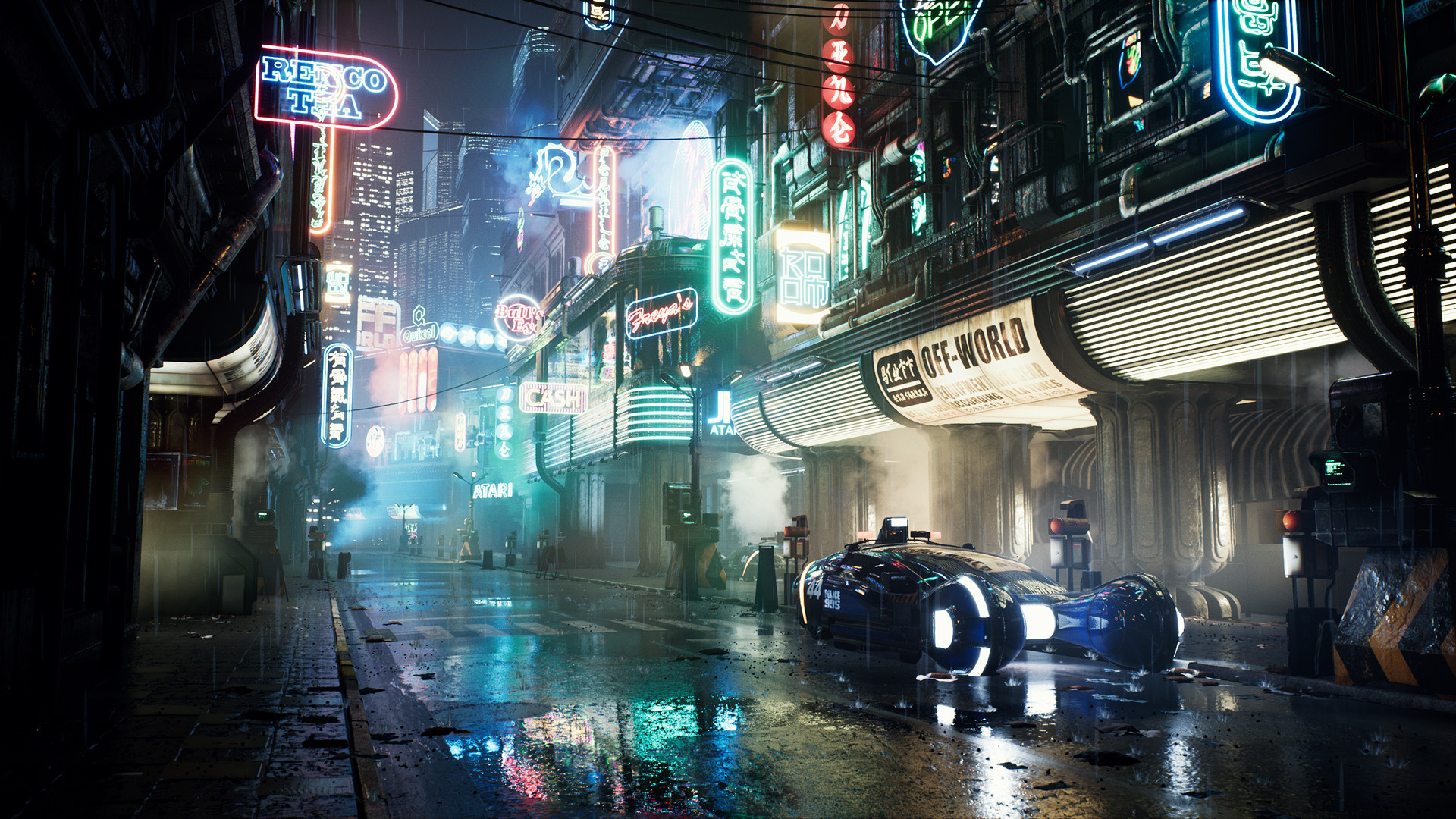384
The Terminator
Author: James Cameron
Year: 1984 Edit Add
Book: Postmodernism, or, The Cultural Logic of Late Capitalism
The Terminator
Author: James CameronYear: 1984 Edit Add
Book: Postmodernism, or, The Cultural Logic of Late Capitalism
Road Warrior, of course, has some other features that separate it from a simple-minded postatomic narrative (of the type of A Boy and His Dog or Glenn and Rhonda): in particular, its temporal perspective converts its near-future narrative into a far-future one, endowing the present with legendary dimensions of a well-nigh mythical or religious kind (something then completed and finished off, with all the i's dotted and t's crossed, in the rather more christological Terminator).
Road Warrior, of course, has some other features that separate it from a simple-minded postatomic narrative (of the type of A Boy and His Dog or Glenn and Rhonda): in particular, its temporal perspective converts its near-future narrative into a far-future one, endowing the present with legendary dimensions of a well-nigh mythical or religious kind (something then completed and finished off, with all the i's dotted and t's crossed, in the rather more christological Terminator).
The Road Warrior
Author: George Miller
Year: 1981 Edit Add
Book: Postmodernism, or, The Cultural Logic of Late Capitalism
The Road Warrior
Author: George MillerYear: 1981 Edit Add
Book: Postmodernism, or, The Cultural Logic of Late Capitalism
Road Warrior, of course, has some other features that separate it from a simple-minded postatomic narrative (of the type of A Boy and His Dog or Glenn and Rhonda): in particular, its temporal perspective converts its near-future narrative into a far-future one, endowing the present with legendary dimensions of a well-nigh mythical or religious kind (something then completed and finished off, with all the i's dotted and t's crossed, in the rather more christological Terminator).
Road Warrior, of course, has some other features that separate it from a simple-minded postatomic narrative (of the type of A Boy and His Dog or Glenn and Rhonda): in particular, its temporal perspective converts its near-future narrative into a far-future one, endowing the present with legendary dimensions of a well-nigh mythical or religious kind (something then completed and finished off, with all the i's dotted and t's crossed, in the rather more christological Terminator).
Blade Runner
Author: Ridley Scott
Year: 1982 Edit Add
Book: Postmodernism, or, The Cultural Logic of Late Capitalism
Blade Runner
Author: Ridley ScottYear: 1982 Edit Add
Book: Postmodernism, or, The Cultural Logic of Late Capitalism
But later, more urban fantasies give the game away; and it is not only the visual splendor of Blade Runner that suggests image consumption of a more familiar (but no less sumptuous and gratifying) type, which has little to do with futures fantasized or not, but everything to do with late capitalism and some of its favorite marketplaces.
But later, more urban fantasies give the game away; and it is not only the visual splendor of Blade Runner that suggests image consumption of a more familiar (but no less sumptuous and gratifying) type, which has little to do with futures fantasized or not, but everything to do with late capitalism and some of its favorite marketplaces.
 Log-in
Log-in



 Source type: picture
Source type: picture